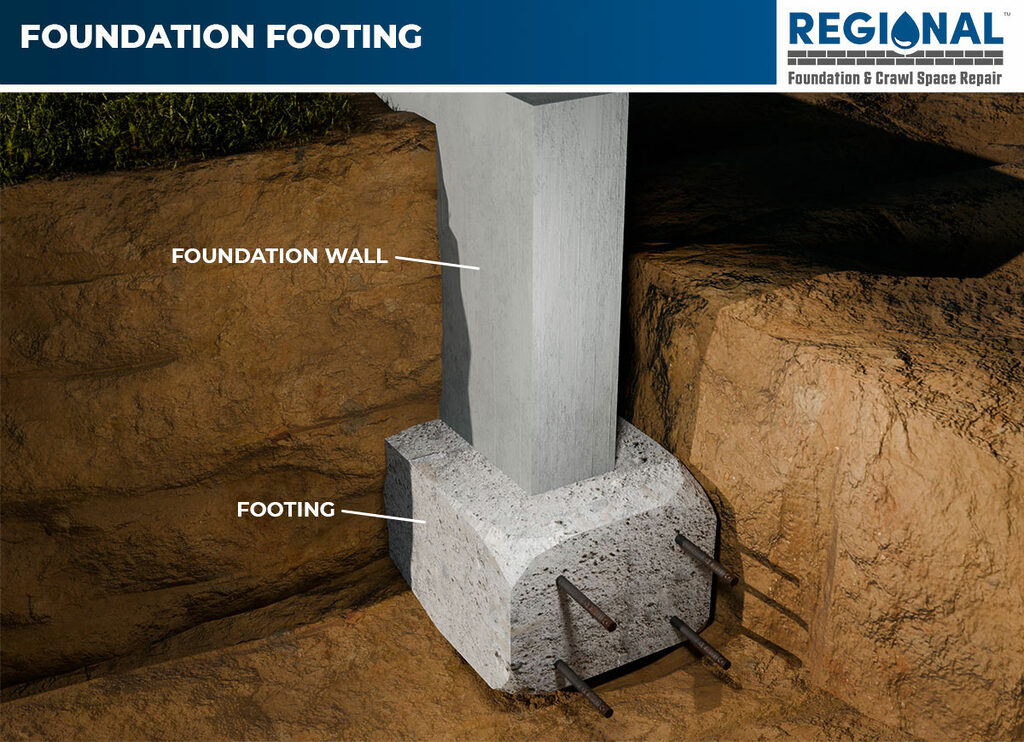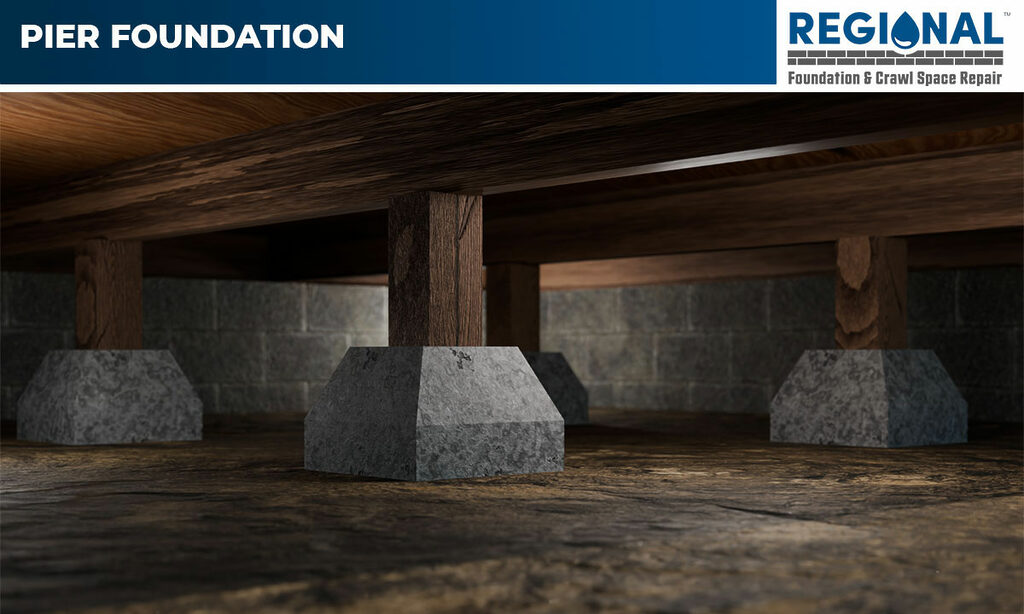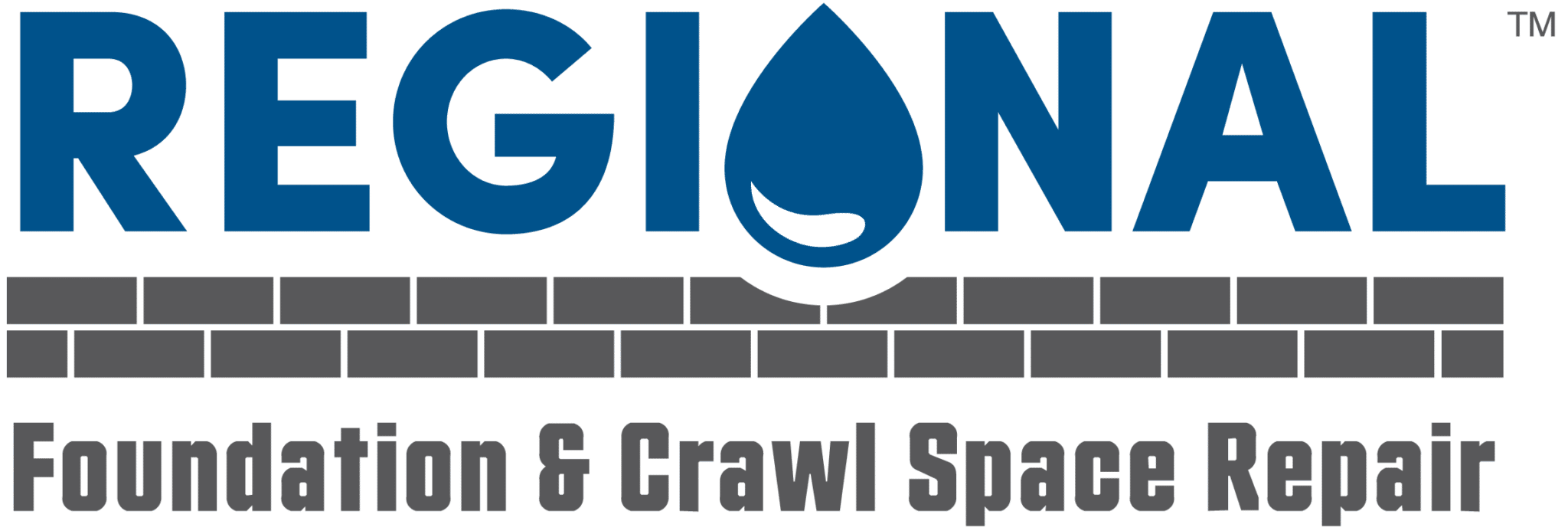Residential and commercial buildings all require some form of foundation to provide structural stability. However, there are more types of foundations than most people are aware of – each of which comes with its own unique characteristics, advantages, and disadvantages.
In this article, we’ll focus on what is known in the construction industry as a “conventional foundation.” By the time you are finished reading, you’ll be able to provide an accurate definition for this foundation type and name some of its main advantages.
The Main Components of a Conventional Foundation
When researching conventional foundations, you may be surprised to find that there are several competing definitions for this foundation type. However, while there are some disparities in how people define conventional foundations, you’ll typically find that all of those definitions include a few key components. The sections below will detail what the primary components of a conventional foundation are.
Conventional Foundation Materials
In nearly every scenario, a conventional foundation will consist of the same materials. These materials include poured concrete that gains reinforcement from rebar. They have become the go-to option for foundation builders because they are dependable over the long term and are easy to work with.
Concrete Footings
Conventional footings typically include a concrete footing, which is responsible for bearing a significant percentage of your home’s total weight. These footings usually run along the entire perimeter of your foundation.

Builders create these footings early in the construction process by digging a trench along the outer edge of the area that will become your foundation, and then filling the trench with both concrete and rebar.
In some conventional foundations, footings may extend well beneath the ground to reach below the frost line. Building below the frost line allows foundations to withstand the frost heaves that are common in areas with cold winters. In those regions, shallow foundations will quickly crack and break as the ground freezes and thaws each year.
In other cases, a conventional foundation footing may sit just below the surface of the ground. This approach is suitable for areas that remain warm year-round and do not experience freezing and thawing. Regardless of depth, however, the conventional foundation footing remains the primary weight-bearing structural feature of this foundation type.
Foundation Walls or Piers
After creating the footings, the next step is to install foundation walls or piers. These structural components attach directly to the foundation footings and are often made of concrete or masonry units.
When a conventional foundation features piers, we typically refer to it as a “crawl space.” This foundation style provides space between the home and the ground that can serve as a storage area.
Alternatively, a conventional foundation can have walls instead of piers. For instance, walls are often necessary when your foundation extends well below the ground. In these cases, the walls can form a full basement space that provides additional living areas and plenty of room for storage.

Advantages of Conventional Foundations
Now that you have a clear idea of which components coalesce to create a conventional foundation, it’s time to look at some of the specific advantages this foundation type will provide you. Read on through the sections below to learn the reasons why a conventional foundation is an excellent option.
Dependability and Longevity
The first reason to choose a conventional foundation over other foundation types is that this style is incredibly dependable and tends to have fantastic longevity. After all, there is a good reason why this has become the conventional foundation style. Overall, this foundation type proves to be stable and strong over the long haul.
Conventional Foundations Are Relatively Easy to Build
Another reason why these foundations have become so popular is that they are relatively easy to construct. Nearly all foundation builders are well-acquainted with the process of building a conventional foundation. Concrete is readily available and easy to form into different shapes, which is why it has become the foundation material of choice for the majority of foundation builders.
Finding Repairs Is Usually Quick and Convenient
Since conventional foundations are so common, this also means that nearly all competent foundation professionals will know how to repair them. As such, if your foundation begins to fail, it should be very easy to find someone in your area who is capable of resolving the foundation issue and restoring the structural integrity of your home.
Extra Storage and Living Space
When your foundation extends below the frost line, it not only makes your home resistant to the damage frost heaves can cause, but also comes with the added benefit of additional storage space. Full basements provide plenty of storage areas for your belongings, and can also become comfortable living spaces once they are finished.
Conventional Foundations Are Code-Compliant
Our final advantage of conventional foundations is that they are almost always code-compliant. Although many homeowners are unaware of this fact, all new construction projects must adhere to local regulations – which can be extensive. Fortunately, however, these foundations are so common that nearly all jurisdictions deem them suitable for most residential and commercial building projects.
You can read more on this topic in our article Foundation Challenges in Older Homes.
Need Assistance with Your Foundation?
Whether you have a conventional foundation or not, it is important to have a foundation team you can trust for any necessary repairs. Finding a skilled foundation professional in advance will ensure you are well-prepared to resolve any foundation problems if (and when) they arise.
At Regional Foundation & Crawl Space Repair, we serve the Triad, Triangle, and Eastern North Carolina areas with top-of-the-line foundation and crawl space repair services. If you need help with your foundation, reach out for a free estimate today!

